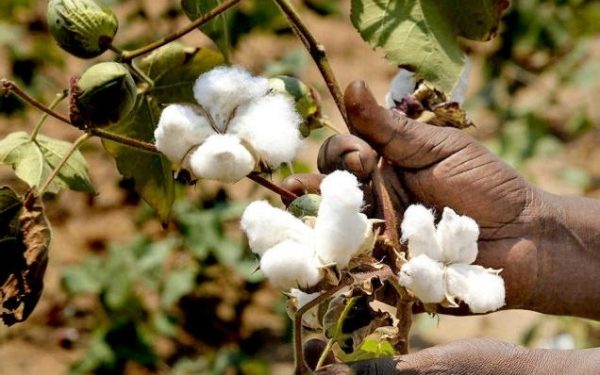Bhawanipatna: Discontent is brewing among cotton farmers in Kalahandi district, as prices of cotton and its seeds have been plummeting.
Farmers have blamed their distressed situation on the laidback attitude of the district administration and the faulty procurement policy of the Cotton Corporation of India.
Farmers of Karlapada, Khajuripada, Kokodamal, Bhegjapadar and several other villages under Bhawanipatana sub-division alleged that they find it difficult to sell their produce at the low price.
Cashing in on the situation, traders and private agencies have started buying cotton from farmers at throwaway prices.
Some farmers lamented that though mandis have been opened, there are no staff to procure cotton, leading to slow pace of procurement.
“As we are deprived of the right price for our produce, we have to return with our produce from mandis while private agencies find it easy to bargain with us for a price they wish,” others rued.
Farmers alleged five truckloads of cotton had returned from Utkela procurement centre December 3.
The farmers are forced to resort to distress sale and they blame the state government for the situation. Some farmers have sold their cotton for Rs 4,200 per quintal to middlemen.
Only two mandis are operational in the district for procuring cotton as a result of which, farmers sell their produce to traders.
The MSP for cotton per quintal for this season has been fixed at Rs 5,500, but traders buy it for Rs 4,660 per quintal. Sources said, only 4,000 quintals of cotton have been procured till date.
Only two mandis are operating at Karlapada and Utkela exposing the farmers to private traders, who have already started purchasing cotton at price much less than the MSP amid allegation that some middlemen have been actively operating.
Cotton is allegedly being transported out of the district even as the first phase of procurement is going on.
Farmers said things will go out of control when the second and the third phases of procurement start and cotton price will further crash.
They demanded that the government should take corrective measures to set things right.
With the majority of the farmers availing both institutional and private loans for cotton cultivation, they are in a hurry to repay the loans to avoid payment of interests.
Cotton cultivation was initiated in Kalahandi in the 1970s and it brought in new horizons. Over the years, it turned out to be a major cash crop.
However, in the absence of marketing facilities and support from Cotton Corporation of India, farmers have failed to gain from the crop.






































